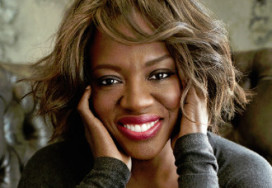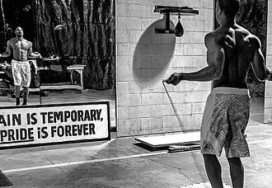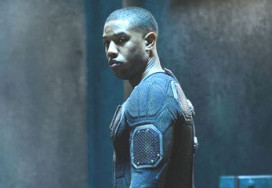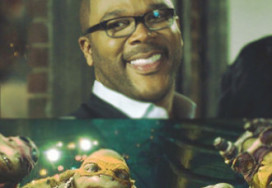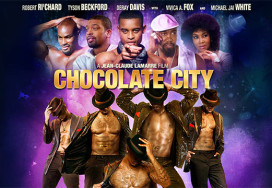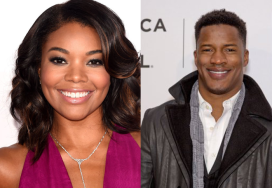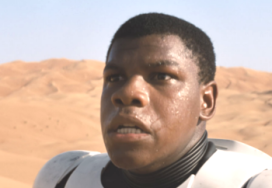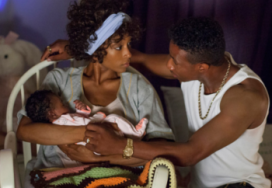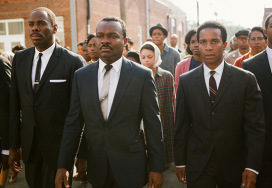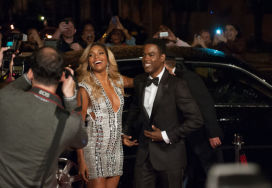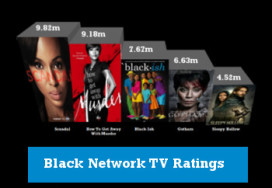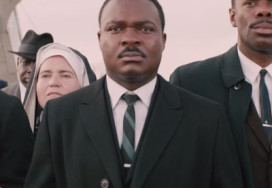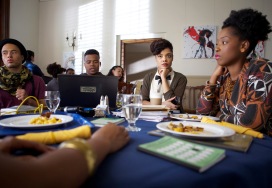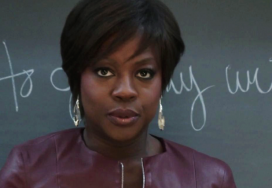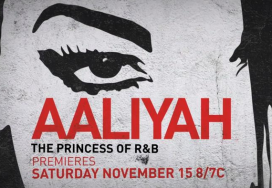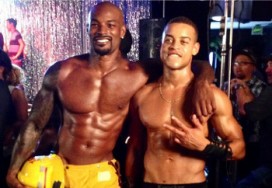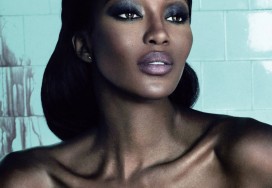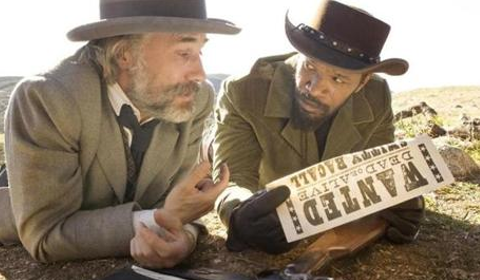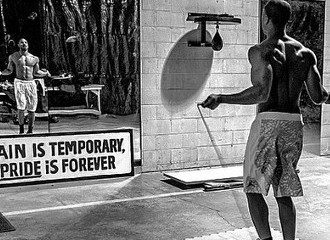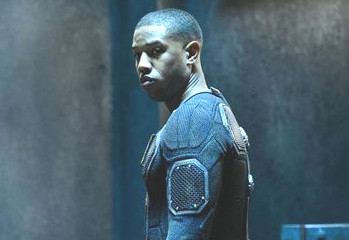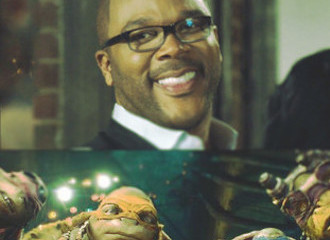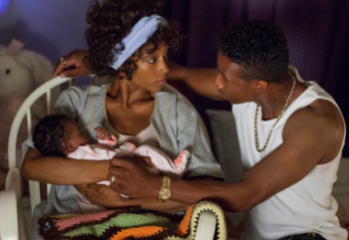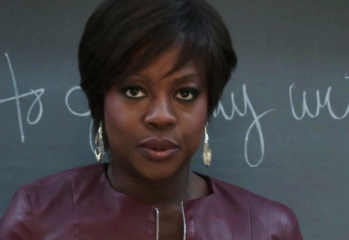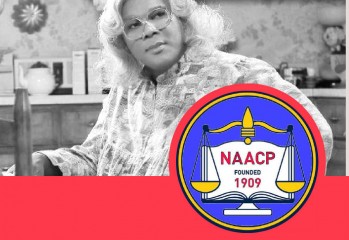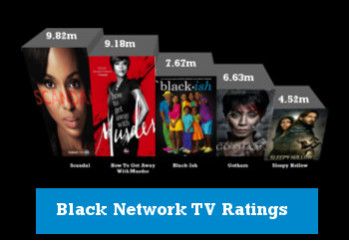Blallywood Film Review: Django Unchained
I have a recent memory of sitting with my grandfather while home in Virginia on vacation. Grandpa wasn’t talking much by this time- he was sickly and still grieving the loss of his wife of 60 years, my grandmother who had passed away a few months before. We sat. We smiled at each other. I munched on Lay’s potato chips sprinkled with hot sauce. And we watched Westerns. My grandfather loved Westerns. So, I couldn’t help but think of him as I sat through Django Unchained this past weekend.
Django Unchained is the story of Django (Jamie Foxx), a slave living in Texas. En route to a new plantation across the country his slave caravan is stopped by an eloquent Dr. King Schultz (Christoph Waltz), a dentist turned bounty hunter. He asks for Django by name, needing him to help identify his former slave owners, the Brittle Brothers, as they are wanted for ruthless killings. When the men transporting the slaves refuse to let Django go, Schultz kills one and leaves the other trapped when his horse topples over on him when Schultz shoots it. He and Django make a run for it and after a hilarious showdown with sheriff and marshal in a nearby town, the duo becomes unstoppable. After successfully taking down the Brittle brothers Schultz is impressed with Django’s fervor and rifle target aim and takes him on as associate agreeing to help him rescue his wife, German-speaking slave Broomhilda from one of the most brutal plantations in Mississippi. Candyland, owned by the charismatic Calvin Candie (Leonardo DiCaprio), is a syrupy hotbed of deep-seated southern tradition. Horrific conditions sugar coated in grotesque over decoration, sun-stained charm, and sweet hospitality. The male slaves are forced into bloody fights with each other and the women coerced into prostitution. It is a brooding and creepy place run by a brainwashed Uncle Tom named Stephen (Samuel L. Jackson). Stephen is head slave, tasked with keeping the slaves in line. It is Stephen who blows their cover as warrior traders and Schultz is forced to pay $12,000 for Broomhilda, the price he offered for a fighting slave. Schultz is humiliated and angered by Candie’s actions and shoots him at point blank range after the agreement is signed. What ensues is total bloody mayhem. The rest you have to witness for yourself. It is totally riveting and cathartic as Django descends onto Candyland like a member of the Calvary wiping out the entire plantation in superbly orgasmic fiery flair.
This film has come under harsh criticism by many. Namely, Spike Lee and Armond White of the New York Press. White considers the film base, a “fanciful re-interpretation of social history.” He stigmatizes Tarantino as a whigger, “trivializing slavery’s true deep treachery” [NY Press Website]. Spike Lee refuses to “dishonor” his ancestors by seeing the film, citing the media as too powerful of an outlet to take this lightly [Twitter]. Samuel L. Jackson has come under attack by White as well. White goes as far as to liken him to a Stepin Fetchit for Tarantino- an actor who personifies the director’s impersonal fantasy of the self-hating and deprecating negro [NY Press Website].
Django Unchained is to be taken lightly, and people don’t want to take slavery lightly. I get it. This film is fantasy. Remember when you first learned about Nat Turner in elementary school, did you not silently cheer and snicker to yourself at the thought of the killing spree? Though the risk high and the success slim, the idea of slaves rising to obliterate the oppressor is cathartic and deviously fun. That’s the brilliance of this film. Tarantino is careful to handle the harsh scenes with care and respect such that they sharply contrast with the darkly comic scenes.
Performances are spot on, namely by the black ensemble. There are many unknown black actors who make a memorable mark in the film- all of the black faces at Candyland are full of rich emotion, point of view, and activity. Their behavior is beautifully orchestrated and they establish the perfect tone for the saccharin hell they live in. Kerry Washington is radiant with few lines, some in German, and her physical presence in dream sequences is breathtaking. Foxx leaves much to be desired. He seems to let the movie happen around him- not completely investing and his swagger and speech pattern are much too modern, causing the tone to suffer at times. Samuel L. Jackson is back at it again. He plays these despicable characters so well its scary. Although this time he layers a little bit of a wink to let us know not to take ourselves to seriously within the experience. Stephen is completely twisted, embittered, and rotten and Jackson plays all the notes with his usual style.
Waltz’s uses eloquence and gift of persuasion to paint a sociopath so righteous it stings. He is a blunt outsider who can talk his way out of most situations and wields pistols with premeditated abandon. DiCaprio captures pure evil in a way that is just delicious. You feel like Django and Schultz are dancing with the devil himself as they dine, drink, and chat with Candie in his lavish home.
Tarantino masterfully paints the brutal landscape of the antebellum south on the absurd and surreal canvas of the Corbucci Western directorial style. It is satirical, cheeky, adventurous, fun, painful, sadistic, cathartic, and romantic all at the same time. It is like comic strip meets Western thriller wrapped in brutally romantic love story.
Though it dangles on a dangerous satirical cliff, one involving a most tender uniquely American topic, I liken it to the dark tone of theater pieces like Day of Absence by Douglas Turner Ward or The Colored Museum by George C. Wolfe. These pieces were written by black writers and poked fun at a myriad of topics including the middle passage and mammy. This art form shatters the glass under which we, out of a concoction of guilt, shame, and sympathy place race history. We treat these topics as sacred because we wish not to offend or anger our ancestors, our white friends, or ourselves. These mental prisons block creative flow. Art is meant to offend, to astonish, and to be outrageous. It’s meant to spark conversation and that’s exactly what’s happening. I highly recommend it and I can’t help but think that my Grandpa (minus the superfluous use of the “N” word) would have enjoyed it too. A.
-
M.S.

